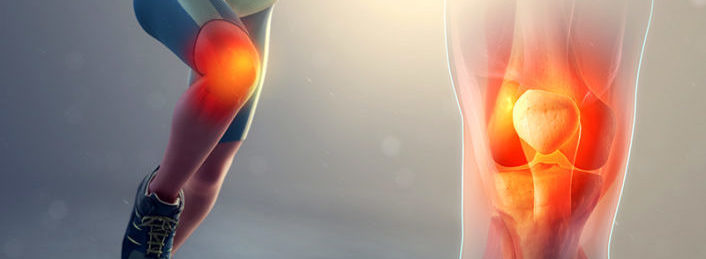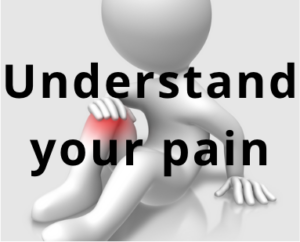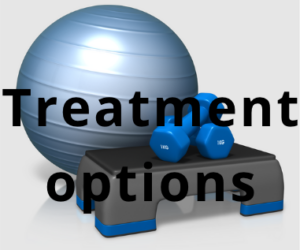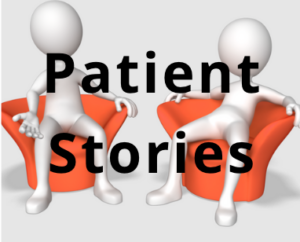Trusted Consumer Resource of the Royal Australian College of General Practitioners (RACGP)

 This information portal is here to help you manage your knee cap pain, and has been developed with input from patients and researchers from La Trobe University’s Sport and Exercise Medicine Research Centre, and Sao Paulo State University (UNESP).
This information portal is here to help you manage your knee cap pain, and has been developed with input from patients and researchers from La Trobe University’s Sport and Exercise Medicine Research Centre, and Sao Paulo State University (UNESP).
The information is not intended to replace consultation with a physiotherapist or doctor. However, you may find that following the information helps you to reduce or stop your pain, or at least help you to manage it better.
Research indicates that 4 in 5 people accessing the ‘My Knee Cap’ website report improvement in their condition 6-weeks later.
Here is a video with 5 tips to help get you started.
Summary of the ‘5 tips to treat kneecap pain’ video.
Surgery is unlikely to help with your knee pain. However, the following five tips might help you:
1. Be sensible with how much exercise you do.
- Avoid doing ‘too much, too soon’ of your exercise rehabilitation or recreational exercise.
- Slowly increase how much exercise you do (e.g. 10% per week).
- Decrease exercise time/ intensity if pain increases for longer than 24 hours post exercise.
2. Exercise is the key.
- Be guided by your physiotherapist.
- Get your thigh and hip muscles working without pain by starting exercises in lying or sitting.
- Progress to standing exercises and functional tasks as soon as your pain allows.
- Combine thigh and hip muscle exercises. This will lead to the best outcomes.
3. Retrain the way you move during painful activities.
- Reduce how much your opposite hip drops.
- Reduce how much your hip rolls in.
- Reduce how much your knee collapses in.
4. Try taping or bracing your knee.
- Taping to control how much your kneecap moves towards the outside of your thigh can help reduce your pain.
5. Try shoe inserts.
- At least 1 in 4 are likely to benefit.
- Less pain during tasks like a squat? Get them!
- Experiencing the same or more pain? Don’t get them!
Click on the links below to find out more.

-
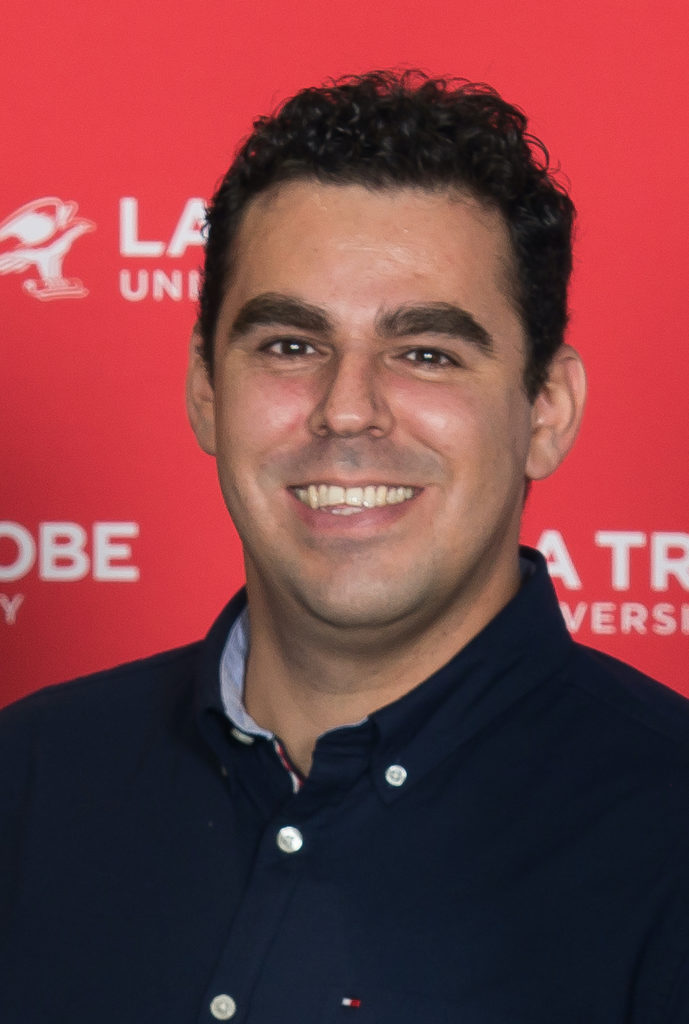
Dr Danilo de Oliveira Silva
Development Director of TREK, Physiotherapist, very keen in translating research evidence into clinical practice.
Key positions: Danilo is currently a Research Fellow at La Trobe Sport and Exercise Medicine Research Centre. He developed this website as part of his PhD at Sao Paulo State University (UNESP). Danilo was supported by a scholarship from Sao Paulo Research Foundation – FAPESP (process number: 2016/11665-1)
Social media: Twitter – @DrDanilo_Silva
-
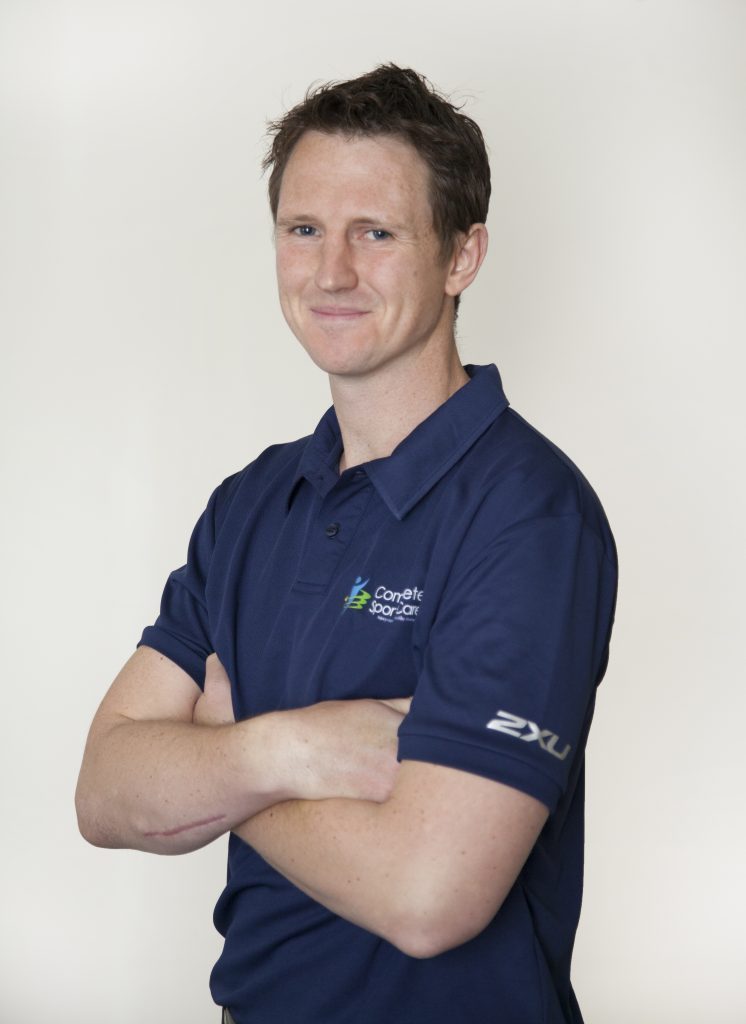
Dr Christian Barton
Founder of TREK group and passionate about knowledge translation to healthcare professionals and patients
Key positions: Clinical Director and Physiotherapist at Complete.Physio Exercise Performance and Senior Research Fellow at La Trobe Sport and Exercise Medicine Research Centre
Social media: Twitter – @DrChrisBarton
-
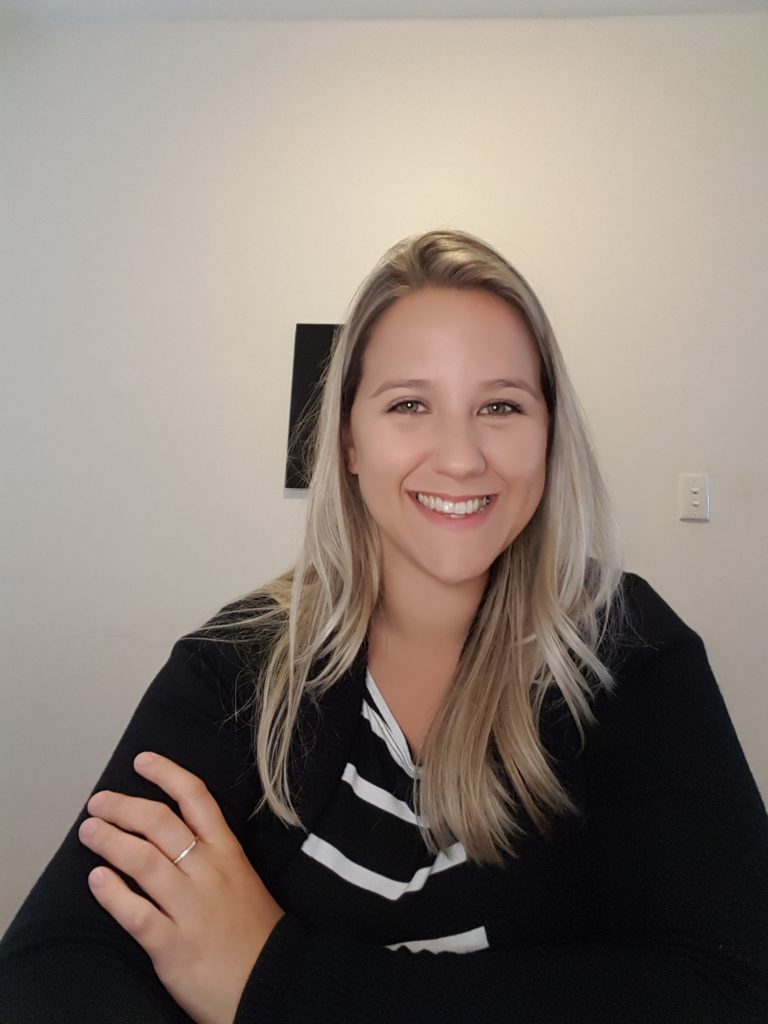
Dr Marcella Pazzinatto
Physiotherapist, PhD, expert in persistent knee conditions.
Key positions: Marcella is currently Clinical Trial Coordinator of two projects at La Trobe Sport and Exercise Medicine Research Centre.
Social media: Twitter – @M_Pazzinatto
STATEMENT OF INTENT
These resources are not intended to serve as a prescribed standard of medical care. Standards of care are determined on the basis of all clinical data available for an individual patient and are subject to change as scientific knowledge and technology advance and patterns of care evolve. These resources have been developed to inform practice and should be considered guidance only. Following advice on this site will not ensure a successful outcome in every patient, nor should it be construed as including all proper methods of care or excluding other acceptable methods of care aimed at the same results. The ultimate judgment regarding a particular clinical procedure or treatment plan must be made by the clinician, based on clinician experience, expertise and in light of the clinical presentation of the patient, the available evidence, available diagnostic and treatment options, and the patient’s values, expectations, and preferences.
CONFIDENTIALITY
The TREK team are able to tell general information about website usage e.g. number of times pages are used and viewed etc, however we cannot identify its users, or their individual usage. As such, no confidential information is collected. Should you have any further questions or comments, please contact a member of the TREK team using the details provided below.
CONTACT US
Should you wish to provide any feedback or get in touch with a member of the TREK team, please use this link to fill in details. Or alternatively, email us at: trekgroup2016@gmail.com
The resources and information on this website are regularly updated.
The last update was performed in November 2023.
